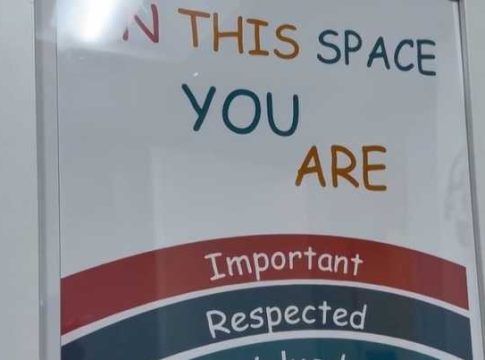The Impact of Job Cuts on Mental Health Services in Florida
Florida’s recent decision to reduce over 400 positions within the Department of Children and Families (DCF), particularly in mental health roles, has raised significant concerns among mental health professionals. As budgetary constraints push for savings of approximately $22 million, many fear the implications this could have on vulnerable populations relying on essential mental health services.
Understanding the Cuts
The approved measures involve eliminating 89 vacant positions and 365 full-time roles within mental health facilities managed by DCF. This decision has left many professionals in shock. Licensed mental health therapist Cherlette McCullough expressed her dismay, describing the cuts as "gut-wrenching." The loss of these roles sends a message that mental health may not be prioritized in state funding and policy.
A Critical Safety Net
DCF plays a vital role in providing mental health and substance abuse treatment across Florida. It serves as a critical safety net for many communities, particularly those most in need. With these cuts, however, there is a growing concern about the potential repercussions for marginalized groups, including children in foster care and youth in juvenile services. McCullough cautioned that while the state aims to save costs, these financial savings may ultimately return in the form of increased hospitalizations and further burdens on an already stressed system.
Adjustments and Alternatives
In response to the cuts, a spokesperson from DCF indicated that these job reductions are part of a strategic effort to reallocate funding toward contracted services. This approach aims to streamline operations and enhance the efficiency of staffing in mental health treatment facilities. While adjustments in funding can be necessary, it’s essential to remain vigilant about the potential long-term impacts on service accessibility.
Seeking Support
As individuals and families navigate this challenging landscape, it’s important to remember that there are still resources available. Nonprofit organizations like the National Alliance on Mental Illness (NAMI) in Greater Orlando, the Mental Health Association of Central Florida, and 26Health are dedicated to supporting mental wellness. Engaging with these organizations can provide critical support, resources, and community connections.
Empowering Our Communities
During times of change and uncertainty, it is crucial to advocate for mental health services and support systems that remain vital for our communities. Here are some steps you can take:
-
Educate Yourself: Understanding mental health issues is a pivotal first step. Knowledge can empower you to seek help for yourself or for others.
-
Reach Out: Whether you’re struggling or know someone who is, don’t hesitate to reach out to local resources and nonprofits. They can provide guidance and assistance.
- Advocate: Engage with local policymakers to ensure mental health remains a priority in funding decisions. Your voice can make a difference.
In light of these challenges, it is essential to foster a community of support and resilience. Together, we can navigate these changes while ensuring that mental health resources continue to be available for everyone who needs them.

Covers wellness, nutrition, mental health, and daily life tips.
Bio: Talia brings a background in health journalism and holistic living to help readers live better, one tip at a time.

